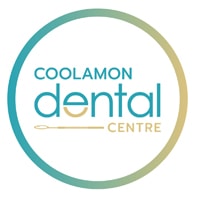Dental handpieces – Dental Micromotor
Dental handpieces are tools- used by dentists to remove decay, cut tooth structure and restore teeth. There are several types of dental handpieces, each desigmed for a specific purpose. The most common type of dental handpiece is the high-speed handpiece, which is used to drill and remove tooth structure.
What are 3 types of dental handpieces?
The three types of dental handpieces are hi -speed handpieces, low-speed handpieces, and ultrasonic handpieces.
What is the rpm of a dental handpiece?
There is no definitive answer to this question as the rpm of a dental handpiece can vary depending on the specific make and model. However, most dental handpieces have a maximum speed of around 35,000 rpm.
What is a dental micro motor?
A dental micro motor is a hand-held, battery-operated device that is used to provide high-speed drilling and grinding of- dental materials.
What are the two most common types of dental handpiece?
The two most common types- of dental handpiece are high-speed handpieces and low-speed handpieces.
How many RPM can the high speed handpiece reach?
The high speed handpiece can reach up to 400,000 RPM.



